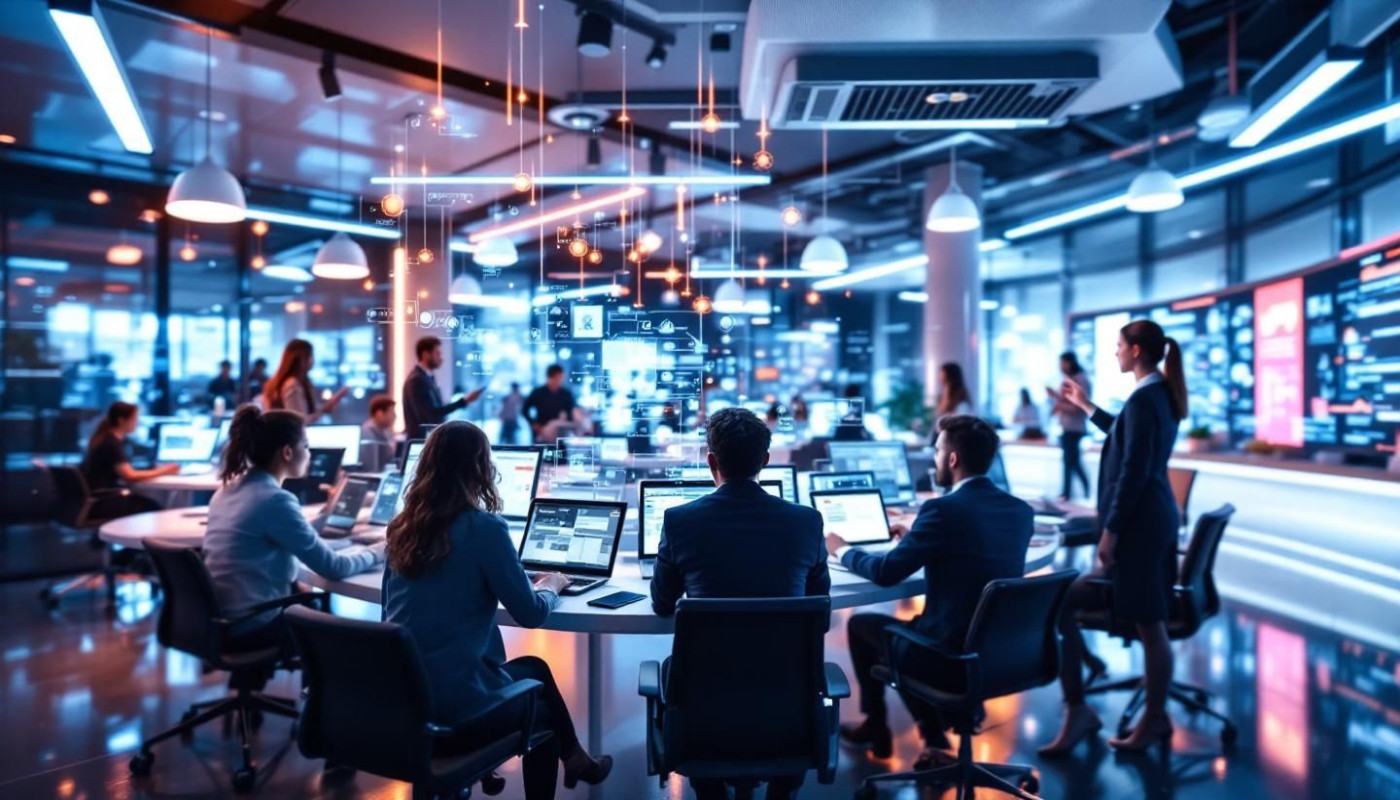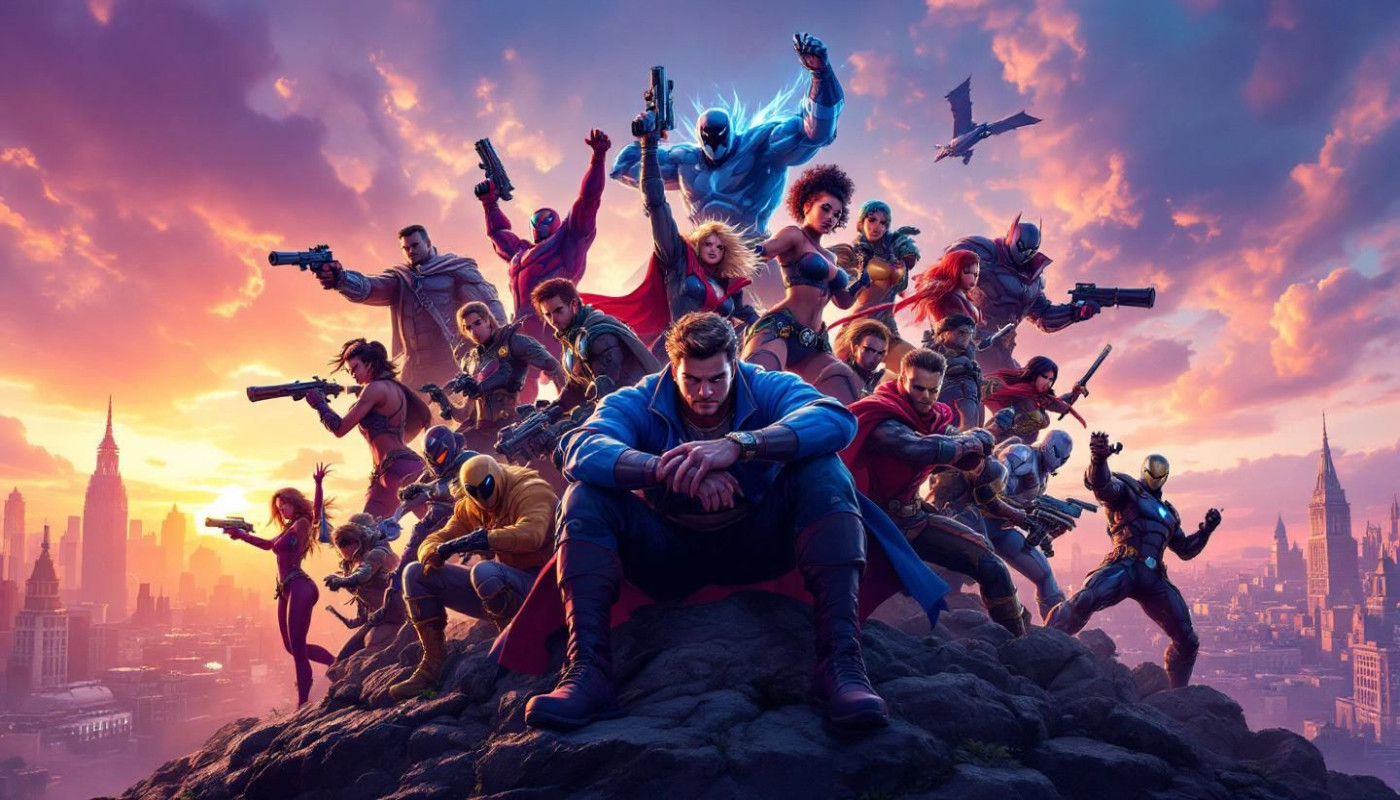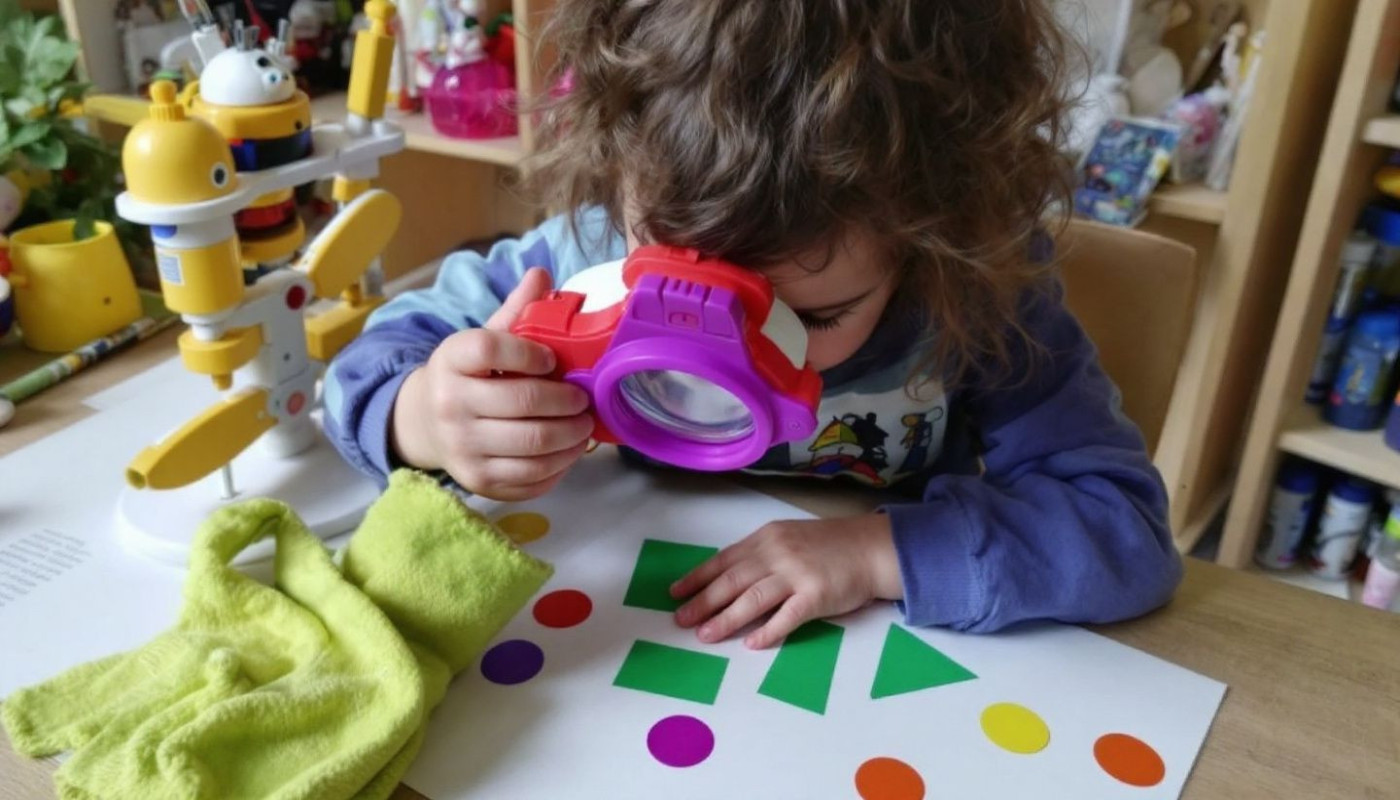Table of contents
The dawn of artificial intelligence has ushered in a new era of innovation, particularly within the realm of creative industries. As image generation technologies evolve, they are altering the landscape of art, design, and multimedia content creation. This exploration delves into the transformative impact of AI on these fields, inviting readers to uncover the implications, challenges, and opportunities that lie ahead. Embrace the journey through a detailed analysis of how machine learning algorithms are reshaping the very definition of creativity.
Transforming Creative Processes
The advent of AI in art and design has sparked a paradigm shift in the way creative content is conceived and produced. With AI-assisted creativity, there is a marked transition from purely manual techniques to more technology-driven approaches. Generative adversarial networks (GANs), a class of AI algorithms, are at the forefront of this transformation, enabling machines to generate complex images and designs that once required the skilled hand of an artist or designer.
The acceleration of content production speed is another significant impact of AI on the creative industries. Tasks that traditionally took hours of meticulous labor can now be completed in a fraction of the time, thanks to these intelligent systems. This amplifies the output of creative professionals and facilitates rapid iteration and experimentation. In terms of democratization of design, AI tools have flattened the learning curve, allowing individuals with limited technical skills to create high-quality, professional-grade visual content. This newfound accessibility is revolutionizing the landscape of design, making it possible for a wider audience to participate in creative endeavors.
By automating parts of the creative process, AI is not only enhancing efficiency but also pushing the boundaries of innovation within various sectors. From advertising and entertainment to fashion and architecture, the creative industry transformation is evident. As AI continues to evolve, its impact on art and design promises to unlock new possibilities, reshaping the way we perceive and engage with the creative world.
Challenges of Originality and Authenticity
The advent of AI in the realm of image generation brings forth significant challenges to the concepts of originality and authenticity within creative industries. One of the pressing concerns is how AI-generated images may blur the lines of copyright issues AI is currently grappling with. Since AI can produce work that mirrors human creativity, it begs the question of who holds the intellectual property rights to such creations. Consultation with an intellectual property lawyer reveals that current copyright laws may not be fully equipped to address the nuance of art produced by algorithms, potentially leading to legal grey areas.
Authenticity in creativity is another aspect under scrutiny, as human vs AI art becomes an increasingly complex debate. The unique expression and individuality that have traditionally been hallmarks of human art are at risk of being overshadowed by the efficiency and volume with which AI can generate images. This raises concerns about the potential for homogenization of art, where distinctive styles and the artist's personal touch may be diluted by formulaic AI creations.
Moreover, the perception of creativity itself is evolving as AI becomes more prevalent in these industries. The challenges in image generation are not merely technical but philosophical as well, prompting discussions among AI ethics experts about the impact of AI tools on the intrinsic value and appreciation of art created by humans. As technology advances, it is imperative that the discussion around AI, creativity, and the legal frameworks governing them evolves concurrently, ensuring that originality and authenticity remain protected in the digital age.
Impact on Employment and Skill Sets
The integration of artificial intelligence into the creative industries is a transformative force, redefining the landscape of employment and compelling a reassessment of skill sets. Concerns over AI job displacement are prevalent, with automation potentially rendering certain roles obsolete. Yet, this technological upheaval also heralds the birth of novel career opportunities in AI that may have been previously unimagined in the creative sector. As repetitive and routine tasks become automated, the emphasis shifts towards more complex, creative, and interpersonal skills, leading to an evolution in the workforce.
As creative industry job trends evolve, the impact of AI on employment is a double-edged sword; on one hand, it poses a threat to those whose jobs may be automated, on the other, it offers a chance to elevate the human element in creative work. The workforce must adapt by acquiring new competencies and embracing an educational renaissance, focusing on skills that AI cannot replicate. Labor economists and career development professionals in the creative sector suggest that while AI can automate certain tasks, the distinctive human touch will remain irreplaceable, underscoring the importance of evolving creative skill sets.
For those intrigued by the intersection of technology and creativity, and wishing to explore how AI is shaping the way we produce and interact with images, one can navigate here to delve deeper into the subject. This platform exemplifies the burgeoning career opportunities in AI and is a testament to the positive facets of automation within the creative realms.
Educational Implications and Training
The dawn of AI in the realm of creative industries heralds a significant shift in educational approaches, necessitating curricular innovation to stay apace with technological advancements. As AI continues to permeate photography, design, and other creative sectors, there's an urgent requirement for AI education in creativity. This necessitates the integration of AI training programs into the curricula of educational institutions, arming the next generation of professionals with the knowledge and skills to harness AI effectively.
With the advent of such technology, interdisciplinary skill development becomes indispensable. Students must not only grasp the core principles of their creative discipline but also understand the computational and data-driven aspects of AI. This convergence of skill sets ensures that future professionals can not only utilize AI tools to enhance their work but also contribute to the evolution of AI itself within creative contexts.
The continuous learning importance cannot be overstated. The field of AI is dynamic, with rapid developments rendering certain skills obsolete almost as quickly as they become relevant. Therefore, both aspiring and established professionals must engage in continuous education and professional development. This might involve attending workshops, enrolling in specialized courses, or participating in online forums dedicated to AI in creativity. By doing so, they maintain a competitive edge and adapt to the evolving demands of their professions.
In light of these educational imperatives, academic deans and educational program directors, particularly those at the nexus of creative arts and technology, have a pivotal role to play. They are charged with the responsibility to drive the necessary educational reforms. Their strategic decisions can facilitate seamless curriculum integration of AI topics and hands-on learning experiences, equipping students with robust and relevant skill sets. Such efforts are vital in ensuring that creative industries continue to flourish in an AI-augmented future.
Evolving Consumer Expectations and Market Trends
The advent of AI image generation has precipitated a notable shift in consumer expectations and consequently, a transformation in market trends within the creative industries. Today's audiences are increasingly seeking personalized content that resonates with their unique preferences and experiences. This demand for tailored material has forced marketers and advertisers to integrate AI into their strategies, using sophisticated algorithms to create customized campaigns that achieve higher levels of consumer engagement. As a result, traditional marketing approaches are being reevaluated in the face of AI-driven analytics and content generation tools.
In parallel, there has been a move towards interactive consumer experiences and immersive media trends, with AI playing a pivotal role. The capability of AI to analyze consumer data and predict preferences is enabling the creation of interactive and immersive experiences that were once beyond the reach of conventional creative methods. This AI-driven market evolution is not only setting new standards for consumer interaction but is also raising the bar for what is considered innovative in digital media. A marketing strategist or consumer behavior analyst with a profound understanding of AI's impact on market dynamics would be able to provide further insights into how these technological advancements are reshaping the landscape of the creative sectors.
On the same subject

How Fintech Innovations Are Reshaping Corporate Services?

Exploring The Evolution Of Top-Ranked Games Across Genres

Exploring The Impact Of Montessori Methods On Children's Travel Experiences

Understanding the Technical Aspects of Online Slot Machines

Why entrust the animation of a blog to the artificial intelligence ChatGPT ?

What are the different ways to make a web hosting?

